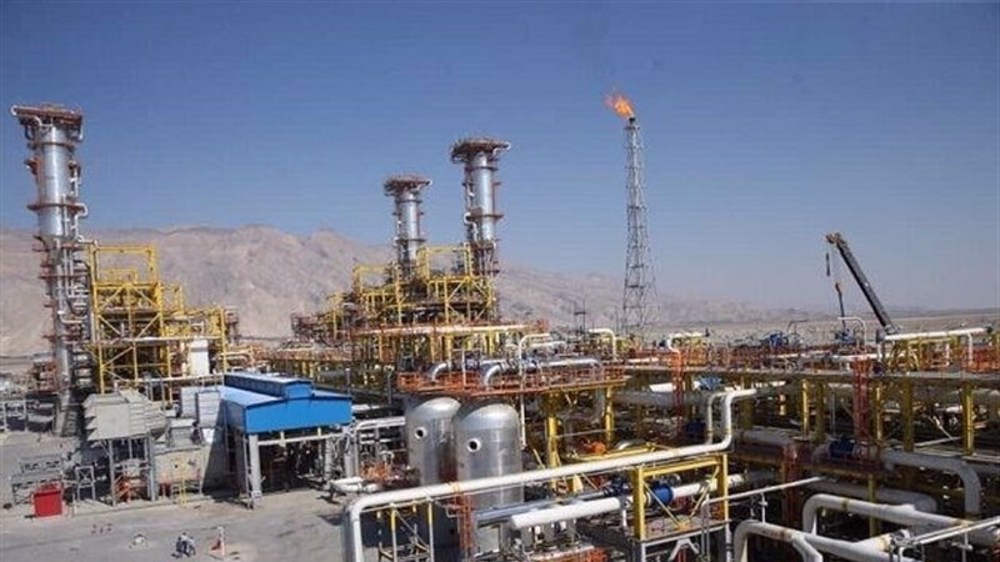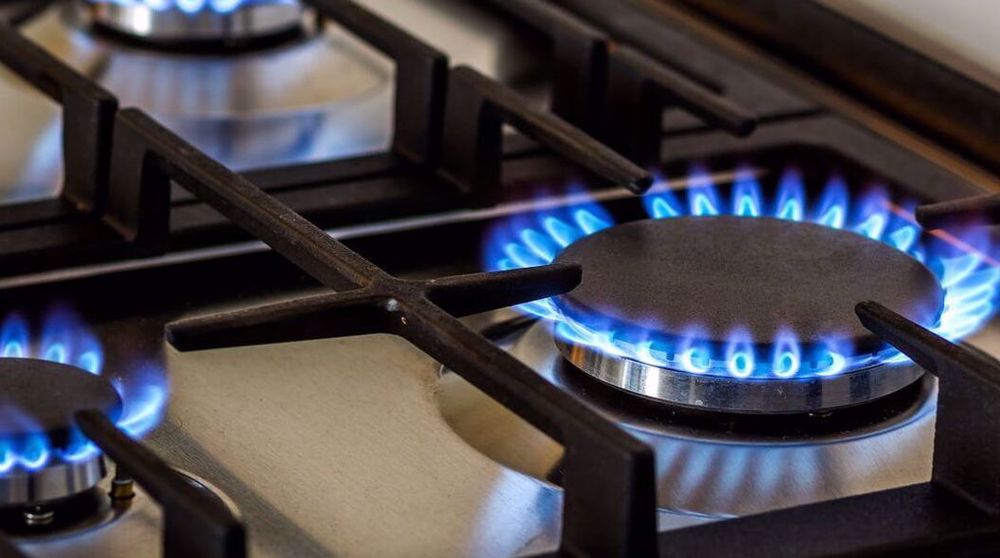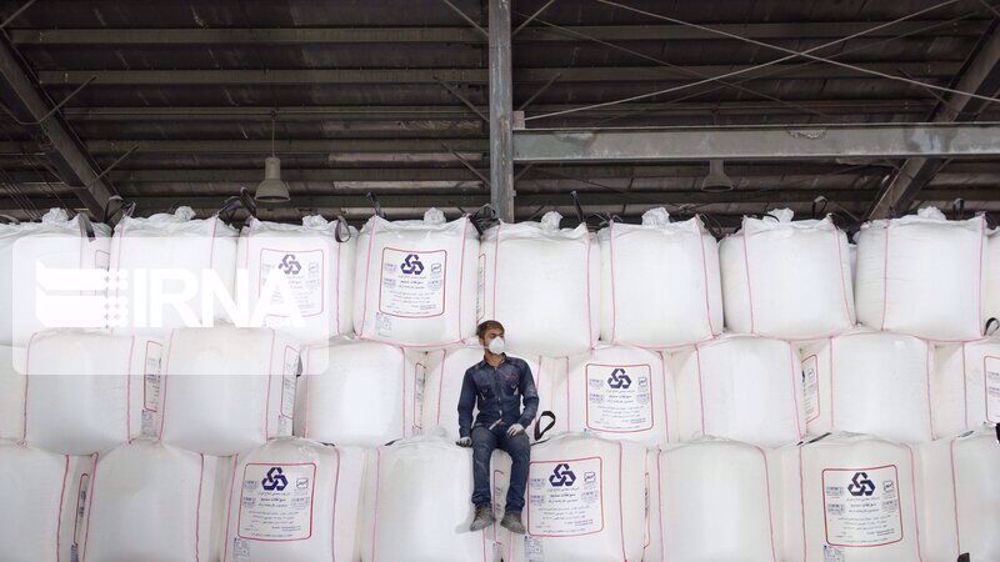BP halts work on gas field over US sanctions on Iran
British oil company BP says it has halted work on a gas field which it co-owns with National Iranian Oil Company (NIOC) in the North Sea, citing US plans to reimpose sanctions on the Islamic Republic.
NIOC owns 50% of the Rhum field northeast of Aberdeen and BP holds the other half, which it plans to sell to UK-listed producer Serica Energy.
“BP has decided to defer some planned work on the Rhum gas field in the North Sea while we seek clarity on the potential impact on the field of recent US government decisions regarding Iran,” the company said in a statement on Tuesday.
Current operations at Rhum such as provisions of goods, services and support by “certain US persons” are carried out under a US license which is due to expire at the end of September.
Serica said it expected those operations to be affected by US sanctions, “in particular, the new sanctions regime announced by the US government on 8 May.”
The company is looking to secure a waiver from renewed US sanctions against Iran in order for production at the key offshore field to continue, Serica said Tuesday.
It is also working closely with BP and NIOC to evaluate the potential impact of the sanctions on production at Rhum which accounts for around 4% of UK gas output of around 38.1 billion cubic meters.
Rhum was discovered in 1977 by a joint venture between the Iranian Oil Company UK Ltd and BP which has a long history of operation in Iran.
BP started life as the Anglo-Persian Oil Company in 1908 before parting ways with Iran and becoming British Petroleum.
The company shut down Rhum in 2010 even before the West began imposing intensified sanctions on Iran a year later. It resumed production in 2014 after securing an exemption.
The new shutdown is set to further disappoint Iran which has been seeking concrete guarantees on receiving economic benefits of the nuclear deal, only to be given verbal pledges by the European governments instead.
Germany said on Tuesday there was only so much it could do, making it clear that Europe could not entirely shield companies from US sanctions.
"We will help where we can, but there is no way of completely averting the consequences of this unilateral withdrawal," Economy Minister Peter Altmaier told a newspaper.
His statements were echoed by Luxembourg’s Foreign Minister Jean Asselborn who said there were limits to the European Union's powers to persuade its larger firms to stay in Iran in the face of threatened US sanctions.
"We know there are hardly any larger companies in Europe that do not also trade with the United States. The pressure on European companies from the US is quite large," he told reporters in Brussels. "We are in the situation that we're in."
OMV committed to Iran project
Nevertheless, Austrian energy group OMV said it has not halted its planned energy projects in Iran.
An Iranian official said earlier this month that OMV, Russia’s Lukoil and China National Petroleum Company (CNPC) had announced interest in the exploration blocks which include both known, highly-potential blocks and new ones.
OMV’s upstream chief Johann Pleininger said on Tuesday the group was monitoring political developments in the United States and the European Union very closely.
“The project has not come to a standstill, it is continuing,” Pleininger was quoted as saying, adding that “no investments have been made yet.”
OMV signed a memorandum of understanding in May 2016 to carry out projects in four blocks in the Zagros sedimentary area.
Hamas thanks Iran, Resistance Front following achievement of ceasefire in Gaza
'Capitulation': Israeli officials and media concede Gaza defeat as truce unfolds
'Gaza has won': Social media users react to ceasefire with mix of relief, joy
Iran seeks South Korea’s assistance for AI, fiber-optic projects
VIDEO | Iran's 'Eqtedar' (Power) maneuver
Israel hits HTS military target in Syria for 1st time since fall of Assad
VIDEO | Press TV's news headlines
Israel has slaughtered 13,000 students in Gaza, West Bank












 This makes it easy to access the Press TV website
This makes it easy to access the Press TV website